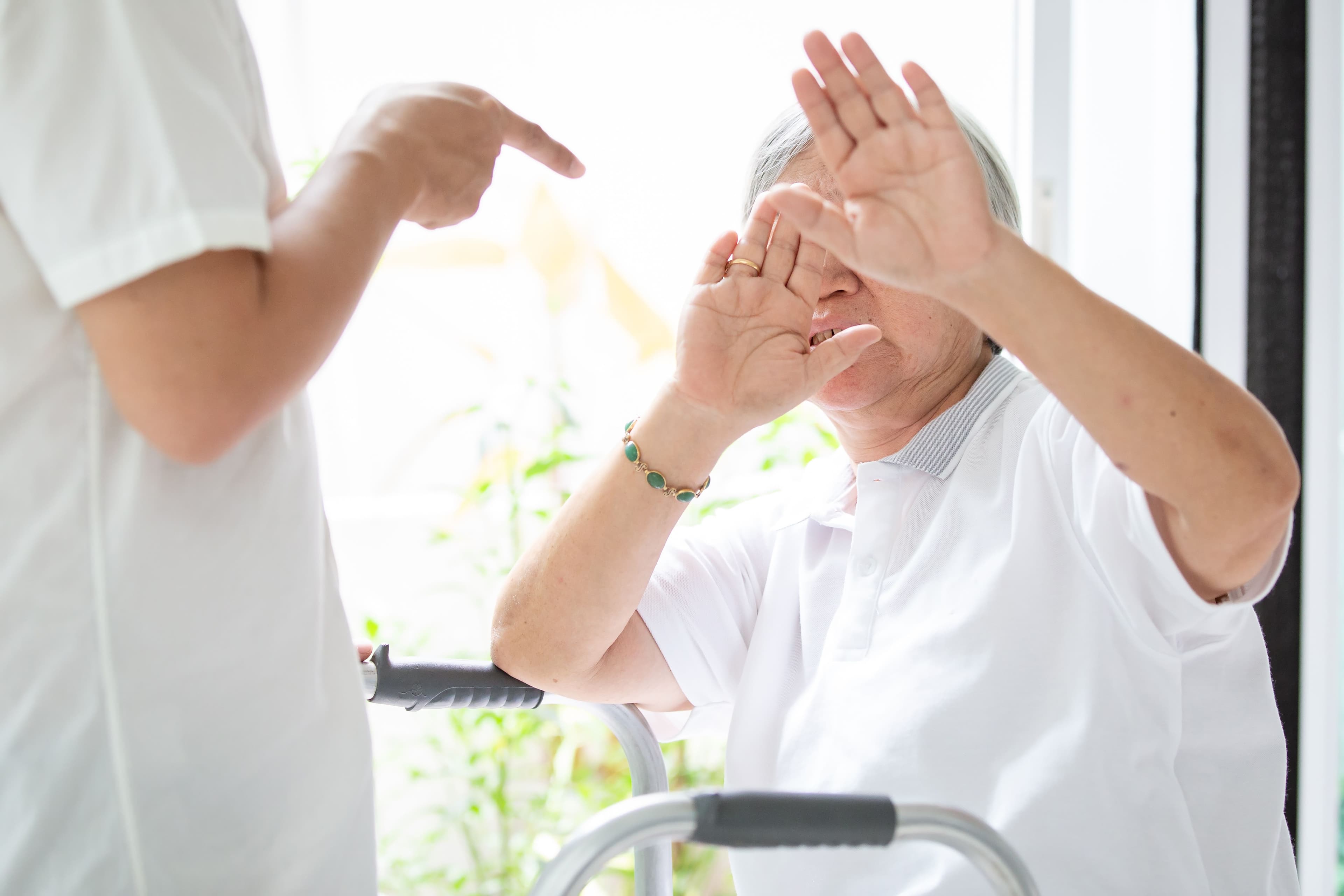
Nursing home abuse and neglect put vulnerable residents at serious risk, leading to malnutrition, dehydration, infections, and preventable injuries. When facilities fail to provide adequate care, residents suffer, and families are left feeling helpless. Lack of supervision, improper medical treatment, and unsafe conditions can result in devastating harm. Understanding the warning signs, knowing your legal rights, and holding negligent facilities accountable are crucial steps in protecting your loved ones. Learn how to take action and seek justice.
October 6, 2025
3 min
When families entrust a loved one to a nursing home, they expect compassionate care, professionalism, and safety. Unfortunately, that trust is sometimes broken. Across the United States, elder abuse and neglect in long-term care facilities remain widespread problems, affecting thousands of vulnerable residents every year.
While the terms abuse and neglect are often used together, they have distinct meanings — and recognizing the difference can make all the difference in protecting your loved one’s rights. Neglect is a failure to provide necessary care, while abuse is the deliberate act of causing harm. Both can lead to devastating consequences, from physical injuries to deep emotional trauma.
Nursing home neglect occurs when a facility or its staff fails to provide the basic care that residents need for their health, safety, and well-being. It is usually the result of carelessness, understaffing, or poor training rather than intentional harm — but its effects can still be severe.
Common forms of neglect include:
Even when neglect isn’t intentional, the results can be catastrophic. A single missed medication dose or unattended fall can cause lasting harm or even death.
In contrast, nursing home abuse involves deliberate harm or exploitation. Abuse can be physical, emotional, sexual, or financial, and it reflects a serious violation of both moral and legal duties.
Forms of abuse include:
Unlike neglect, abuse is intentional — it’s a conscious choice to harm or exploit someone. It can come from staff members, administrators, or even other residents when the facility fails to provide adequate supervision.

The difference between neglect and abuse is not just a matter of wording — it has serious legal and investigative implications.
Knowing how to classify the problem is the first step toward getting justice and preventing further harm. When you report abuse, authorities may involve law enforcement, while cases of neglect typically go through state health agencies or ombudsman programs.
Whether the harm is caused by neglect or intentional abuse, families should always stay alert for red flags.
Signs of neglect may include:
Signs of abuse may include:
If something feels wrong, it probably is. Many cases of abuse and neglect go unnoticed simply because families assume the resident’s condition is due to aging or illness. Vigilance and communication are key to recognizing early warning signs.
While individual misconduct plays a role, systemic issues are often at the root of nursing home neglect and abuse.
These problems are not excuses — they are warning signs of a failing care system. Families should not hesitate to question policies, request records, and demand transparency when something seems off.
You can take proactive steps to protect your loved one from both neglect and abuse:
Your advocacy is your loved one’s strongest protection.
Legal action is often necessary to uncover the truth and secure justice. Through a lawsuit, families can pursue compensation for medical costs, pain and suffering, emotional distress, and sometimes punitive damages.
More importantly, legal accountability forces facilities to change. When nursing homes face consequences, they are more likely to improve staffing, training, and safety standards — protecting not only your loved one but others in their care.
Both nursing home neglect and abuse represent unacceptable failures in elder care. Whether caused by carelessness or cruelty, these actions violate the dignity, safety, and trust that every resident deserves. Understanding the difference empowers families to recognize harm, report misconduct, and demand accountability.
If you believe your loved one has suffered from neglect or abuse in a nursing home, attorney Michael Hill is committed to helping families uncover the truth and hold negligent facilities responsible. With compassion and determination, he fights to protect the rights and dignity of our most vulnerable citizens.